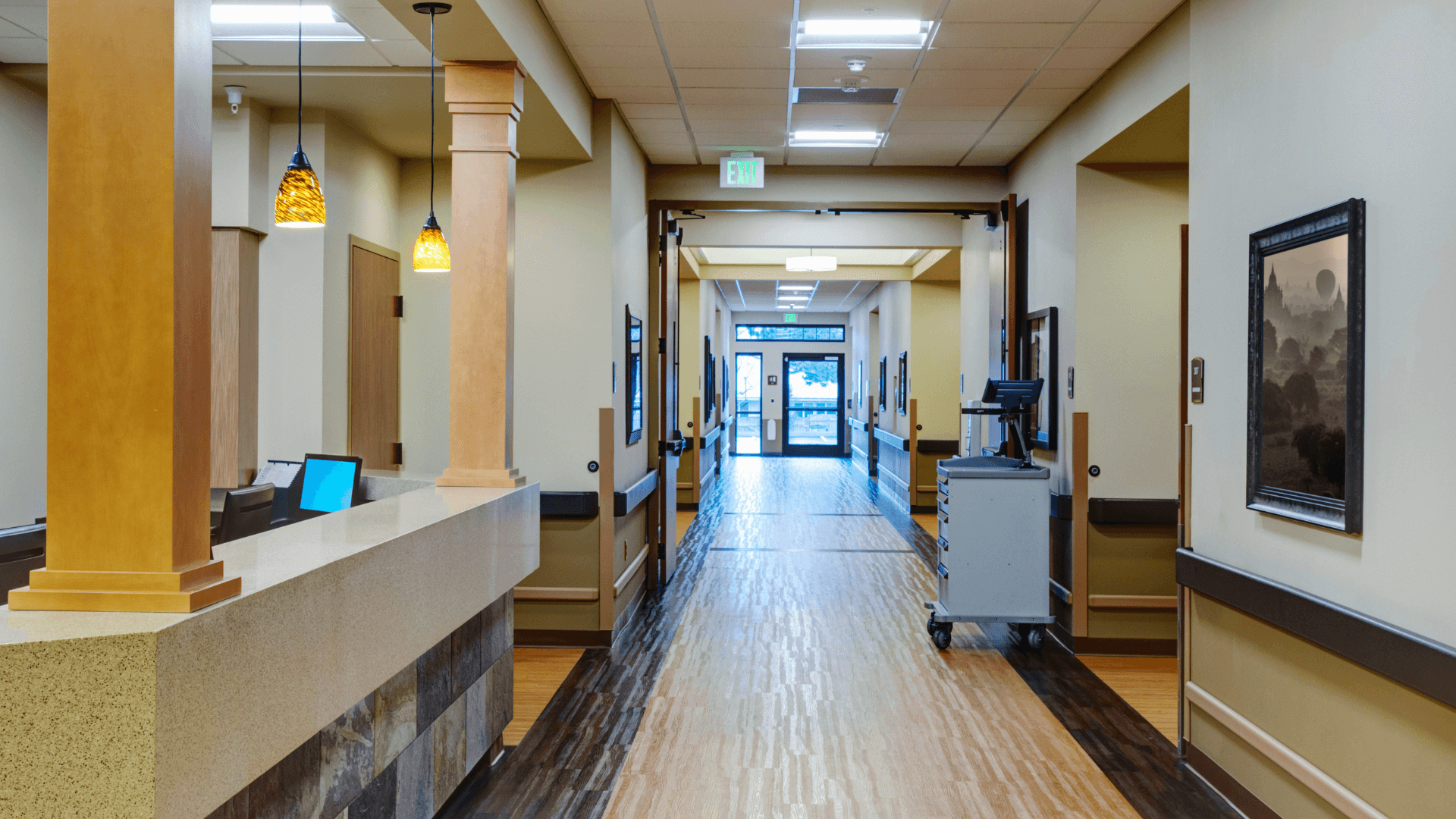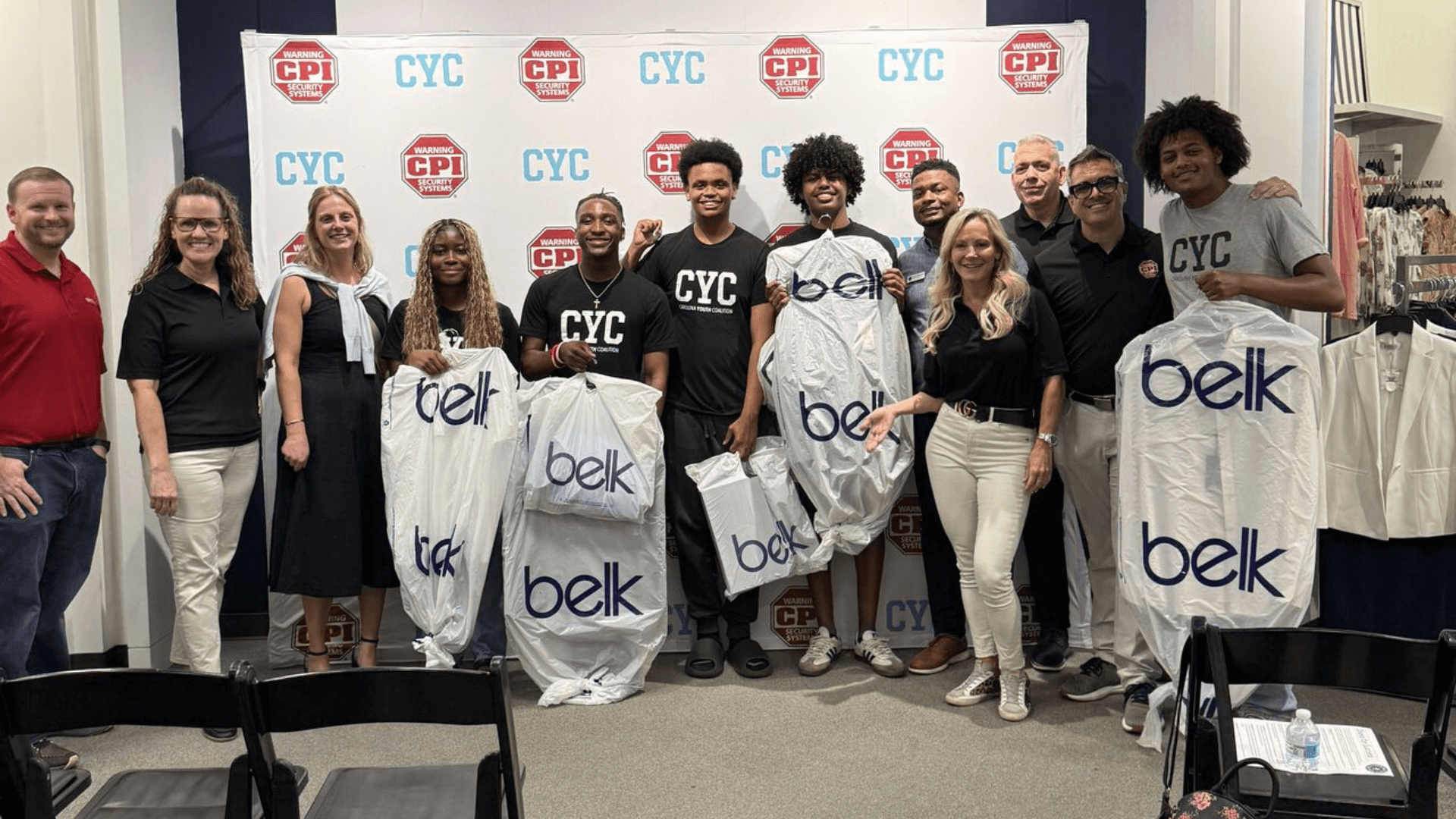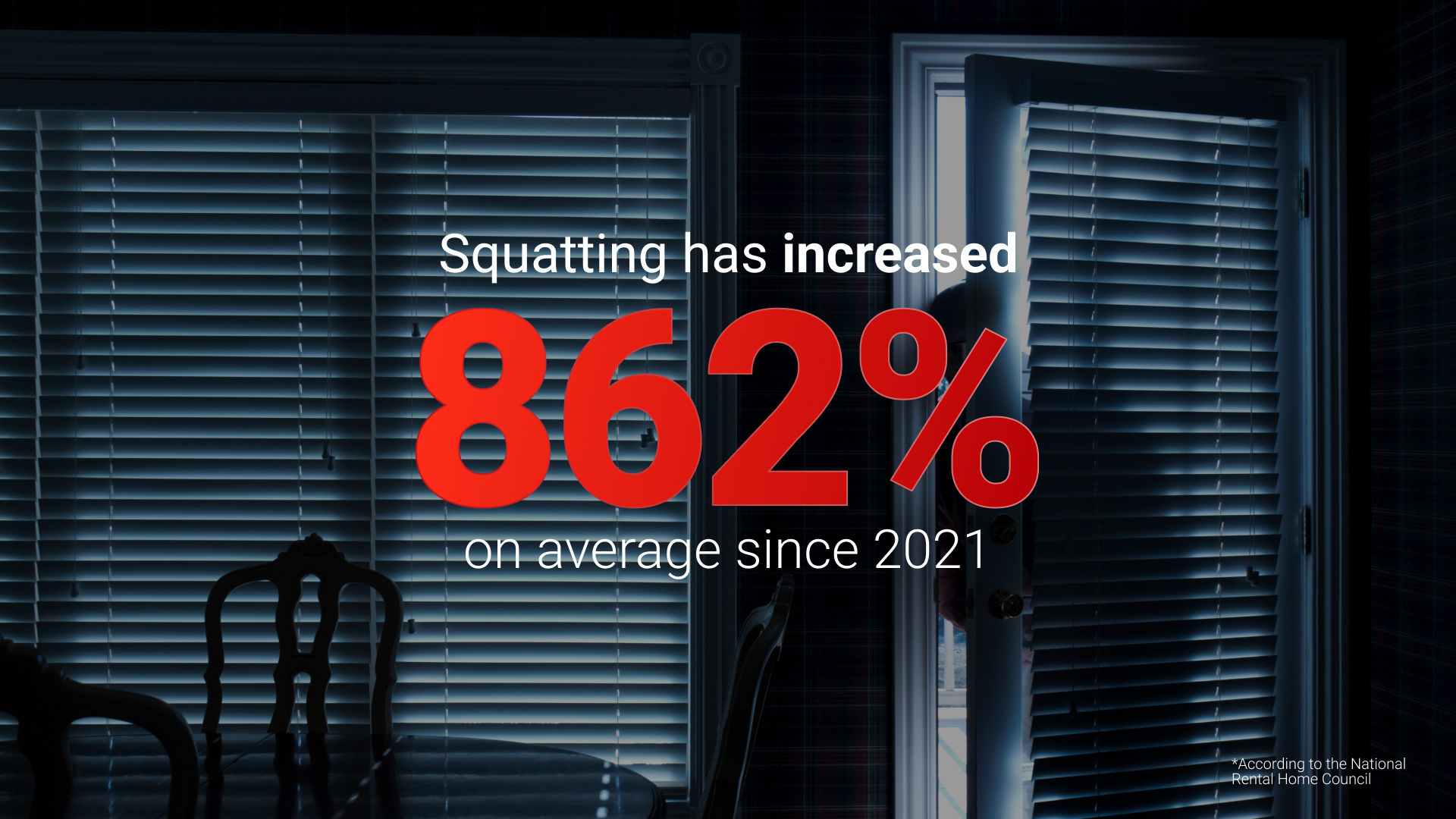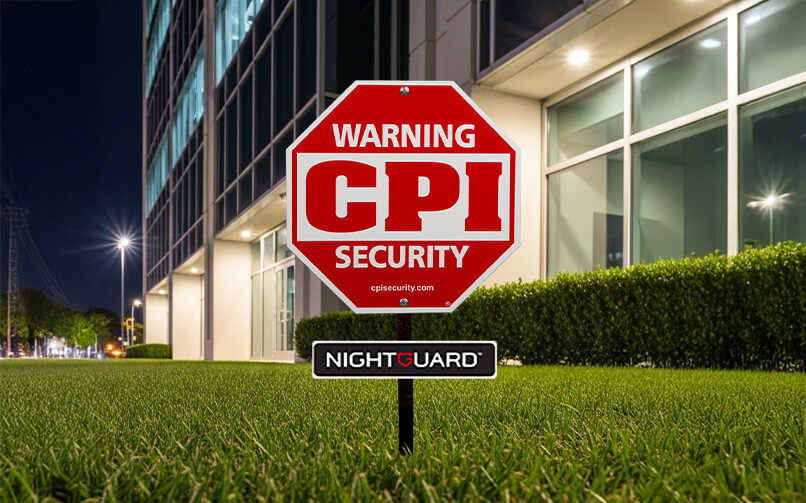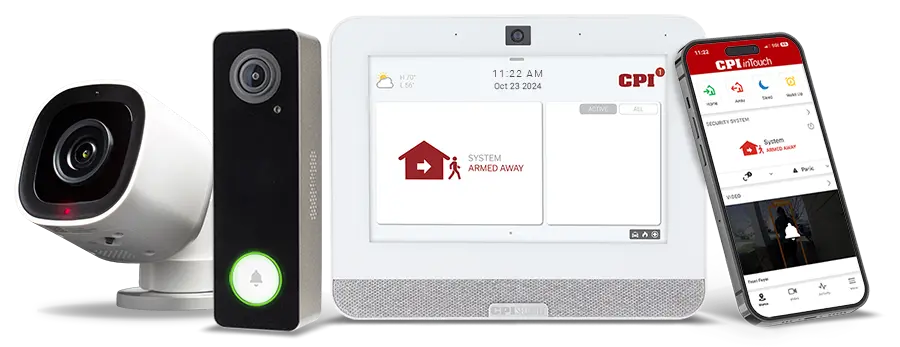A healthcare facility’s safety, efficiency, and profitability hinges on its medical device security. With the ever-increasing threat of cyberattacks and physical theft, healthcare facilities must take proactive measures to safeguard their valuable equipment and protect patient data. This post will explore six best practices for securing medical equipment in your healthcare facility.
5 Best Practices Healthcare Facilities Can Use to Secure Medical Equipment
Conduct an Annual Comprehensive Risk Assessment
Before your organization can fortify a facility against threats, it needs to understand those threats and their potential exposure. By identifying vulnerabilities, healthcare providers can preemptively address potential issues.
Every healthcare facility will need to determine its risk assessment, but, at a minimum, your assessment should audit:
- Physical Security – Think door locks/window locks/etc.
- Network Security – To prevent cyberattacks or other costly security breaches.
- Software Security – How easy can nefarious agents get into your software systems?
- User Access Controls – Is your entire facility accessible to everyone?
- Data Security – How are you protecting your patient data?
- Incident Response Protocols - In the event of a security breach, what are your team’s action steps, and how known are they?
Whether it’s an unauthorized person accessing the equipment or potential system failures, these assessment risks can negatively affect patient care and business operations.
Implement Access Control Measures
A core step in enhancing your medical facilities’ physical security is implementing facility access control. You can decrease the likelihood of theft by locking access to critical infrastructure areas (say, server rooms or storage lockers)..
Solutions like key cards, biometric systems, and secure lockers are the most common. For instance, a surgeon may have complete access to surgical equipment, while administrative staff may have limited or no access. These measures ensure that only qualified personnel have the right level of access, minimizing risks.
Want to know more about access control? Watch the video below which explains access control and how it can protect your business.
Utilize Video Surveillance Systems
Beyond mere deterrence, video surveillance systems can offer actionable response insight in case of security incidents. To ensure you’re getting the most out of your video security system:
- Ensure proper camera placement (covering entry and exit points, as well as equipment storage areas, is critical).
- Invest in high-resolution videos to more clearly identify individuals and activities.
- Choose a system with ample storage to ensure you can keep your recordings for a reasonable time.
- Conduct regular maintenance and testing to ensure all cameras are functioning properly.
- Consider integrating your camera with other security system features like intrusion detection and professional monitoring.
- We recommend opting for a system that supports remote monitoring so that you can keep tabs on your medical facility without needing to be on-site.
If you need help determining what video security camera suits your medical facility, we can help! CPI offers a broad range of video surveillance technology, including business activity analytics, and we can also help you install and maintain your video security system. You can learn more about our medical facility security offering here.
Secure Smaller Equipment with Locks and Alarms
Securing smaller equipment with locks and alarms is essential to maintaining safety and preventing theft. While it might be tricky for a would-be thief to make off with an MRI machine, portable equipment (like blood pressure cuffs) can be easily walked out of a facility.
For more expensive equipment, consider implementing tamper-resistant locks or keeping them in a safe. If you do use a safe and want to protect the integrity of the access code, consider using privacy zones to block the code from being viewed in security camera footage. View the video below to see how privacy zones work.
Train Staff on Security Protocols and Awareness
Even the most sophisticated security system can falter if the human element isn’t trained. It’s crucial for all staff, from top-level management to ground-level workers, to understand and respect security protocols. Training sessions should cover recognizing suspicious activities, proper equipment handling, and reporting incidents. Ultimately, a culture of security awareness ensures that every individual becomes a vigilant protector of the facility’s assets.
Your Security is Our Top Priority
With a comprehensive approach to security, healthcare organizations can provide a safe and secure environment for patients, staff, and sensitive medical equipment. Remember, it’s not just physical equipment that needs to be secured. Potential targets include patient data, critical software, and network security. By partnering with top commercial security companies like CPI Security, healthcare providers can ensure they have a lock on prioritizing equipment integrity and patient well-being.
For a comprehensive security solution tailored for healthcare facilities, explore CPI’s Medical Office Security Systems. Let us elevate your equipment’s security, ensuring it aligns with industry best practices.
